Dredd Sentences You to a Bloody Good Time
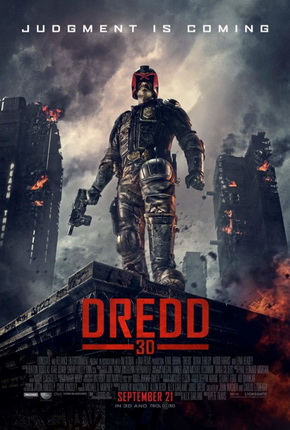 The Charge: Attempting to re-start a film franchise about a classic comic book character.
The Charge: Attempting to re-start a film franchise about a classic comic book character.
The Verdict: Guilty.
The Sentence: Director is hereby ordered to make more Judge Dredd Movies.
Any Last Words: I am the law.
The upcoming re-make of RoboCop now feels even more unnecessary than it did before. Dredd has just handed us an over-the-top violent buddy cop SF flick that fills up that niche for the next year, maybe two. Dredd is an old-style Paul Verhoeven film in feel, although missing much of his satirical glee, and hits perfect for a September action movie, trading in any “mainstream” credentials for hard-R blood and guts on a narrow budget. It’s a wet blast for action fans and dark SF junkies.
You may recall a similar film, Judge Dredd, from 1995, which starred Sylvester Stallone as the dispenser of justice in the fallen future. Based on the character created by John Wagner and Carlos Ezquerra that appeared originally in the UK anthology magazine 2000 AD, the Stallone movie was a big-scale epic aiming for broad appeal to become a summer blockbuster, hence the inclusion of a comic sidekick played by Rob Schneider and the sanding away at the harsher elements of the setting. Because of Stallone’s celebrity status, he spent much of the film without the Judge’s eye-shielding helmet on, which the character never removes in the comics. I haven’t seen Judge Dredd ’95 since it was in theaters, but I do recall enjoying it.
I can’t imagine I would feel the same way about Stallone’s colorful but silly film if I watched it today, and this new take on Wagner and Ezquerra’s character has crushed any wish to revisit it. Costing a tight $45 million (pocket change among today’s blockbusters), the British/South African production Dredd sticks closer to source material and ditches any compromise for the general audience: it is authentically brutal dystopian action that works on the simple plane of crunchy ultra-violence.
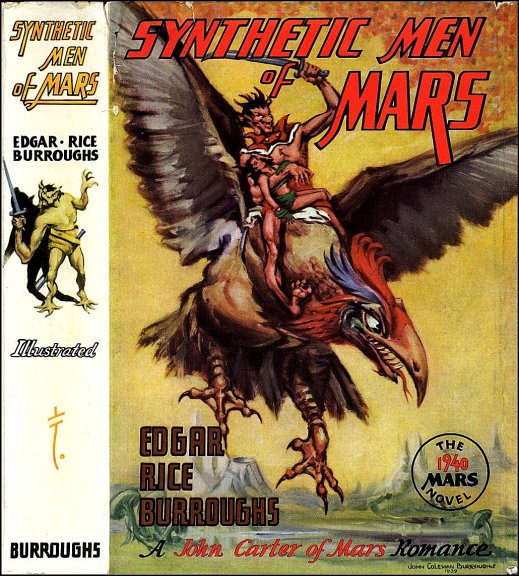 Greetings, late 1930s ERB! How have you been? Oh, not that great? Yes, I know how it is. I’ve read enough of your output from these days.
Greetings, late 1930s ERB! How have you been? Oh, not that great? Yes, I know how it is. I’ve read enough of your output from these days.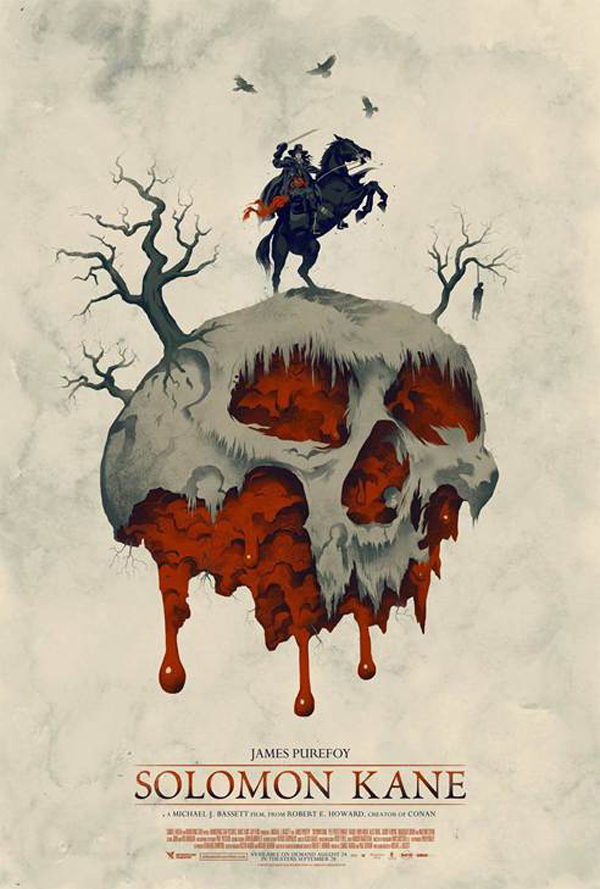 Update:
Update: 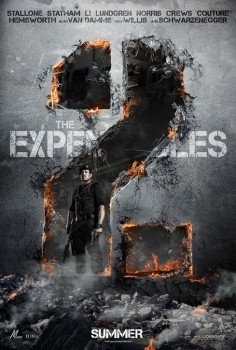 Two years ago I walked out of a theater showing The Expendables, shaking my head in mild bewilderment. I don’t just have a high tolerance for ‘80s action cheese; I actively embrace it. I was nearly as excited about the release on Blu-ray last week of Death Wish 3 as I was about Jaws’s simultaneous hi-def debut. (Well, not really, but that’s my way of drawing your attention to what an over-the-top great/stupid movie we have in Death Wish 3.) But 2010’s The Expendables pushed none of my buttons. It was dull, the action flat, and Stallone seemed to think audiences would care about the tangled romantic lives of his and Jason Statham’s characters (at the expense of the rest of the cast). Stallone also seemed ignorant of the premise’s goofy appeal and played too much of it straight. The film ended up wasting most of the names on the marquee and couldn’t live up to its modest goals. It was also badly tarted-up with occasional post-production blood to get an R rating after it was shot for PG-13. It was a misfire for what looked like a simple shot.
Two years ago I walked out of a theater showing The Expendables, shaking my head in mild bewilderment. I don’t just have a high tolerance for ‘80s action cheese; I actively embrace it. I was nearly as excited about the release on Blu-ray last week of Death Wish 3 as I was about Jaws’s simultaneous hi-def debut. (Well, not really, but that’s my way of drawing your attention to what an over-the-top great/stupid movie we have in Death Wish 3.) But 2010’s The Expendables pushed none of my buttons. It was dull, the action flat, and Stallone seemed to think audiences would care about the tangled romantic lives of his and Jason Statham’s characters (at the expense of the rest of the cast). Stallone also seemed ignorant of the premise’s goofy appeal and played too much of it straight. The film ended up wasting most of the names on the marquee and couldn’t live up to its modest goals. It was also badly tarted-up with occasional post-production blood to get an R rating after it was shot for PG-13. It was a misfire for what looked like a simple shot.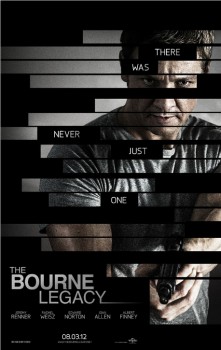 The Bourne Legacy, Paramount’s attempt to extend their successful Jason Bourne franchise — based very loosely on the novels of Robert Ludlum — does give the impression of the first film of a trilogy. It feels like The Bourne Identity (2002), the inaugural movie of the Matt Damon trilogy: it’s a starting point with some excellent sections, but also the nagging sense that all the finest moments are yet to come. Overall, there is something slight about the enterprise, making it a minor disappointment for a film I hoped would salvage August. Will Expendables 2 be this year’s “August Surprise”? I never thought that might be a possibility at the beginning of the season.
The Bourne Legacy, Paramount’s attempt to extend their successful Jason Bourne franchise — based very loosely on the novels of Robert Ludlum — does give the impression of the first film of a trilogy. It feels like The Bourne Identity (2002), the inaugural movie of the Matt Damon trilogy: it’s a starting point with some excellent sections, but also the nagging sense that all the finest moments are yet to come. Overall, there is something slight about the enterprise, making it a minor disappointment for a film I hoped would salvage August. Will Expendables 2 be this year’s “August Surprise”? I never thought that might be a possibility at the beginning of the season.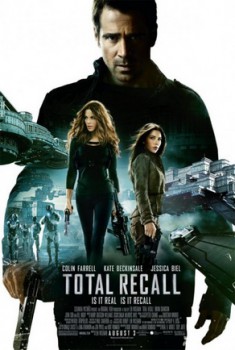 In a charming case of movie irony, the new Total Recall has already been mostly forgotten, even though it only came out on Friday. The Dark Knight Rises, in its third week, handily crushed the Len Wiseman-directed remake. I’m writing this on Tuesday, and it already feels as if the movie was never even released: it was a dream implant that never took, and the original memory of the 1990 Paul Verhoeven-Arnold Schwarzenegger Summer blockbuster has already taken back all the cerebral space. Nonetheless, I’ll still perform this brain autopsy on Total Recall ’12 to see why no one bothered to show up except for people writing reviews.
In a charming case of movie irony, the new Total Recall has already been mostly forgotten, even though it only came out on Friday. The Dark Knight Rises, in its third week, handily crushed the Len Wiseman-directed remake. I’m writing this on Tuesday, and it already feels as if the movie was never even released: it was a dream implant that never took, and the original memory of the 1990 Paul Verhoeven-Arnold Schwarzenegger Summer blockbuster has already taken back all the cerebral space. Nonetheless, I’ll still perform this brain autopsy on Total Recall ’12 to see why no one bothered to show up except for people writing reviews.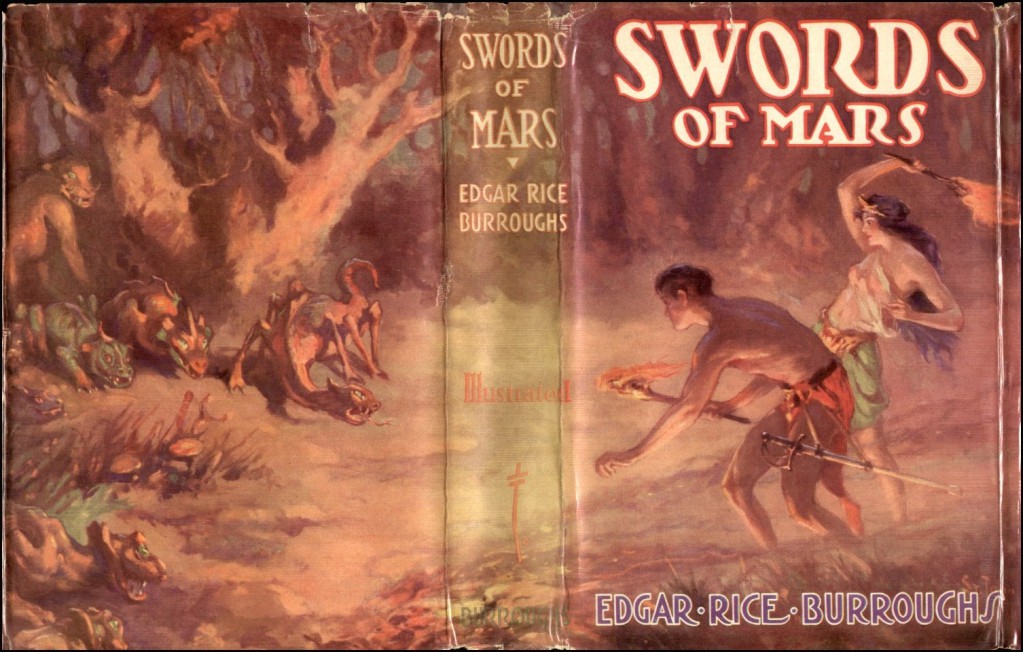 “But my memories of that great tragedy are not all sad. There was high adventure, there was noble fighting; and in the end there was — but perhaps you would like to hear about it.”
“But my memories of that great tragedy are not all sad. There was high adventure, there was noble fighting; and in the end there was — but perhaps you would like to hear about it.”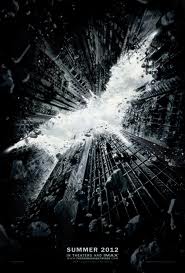
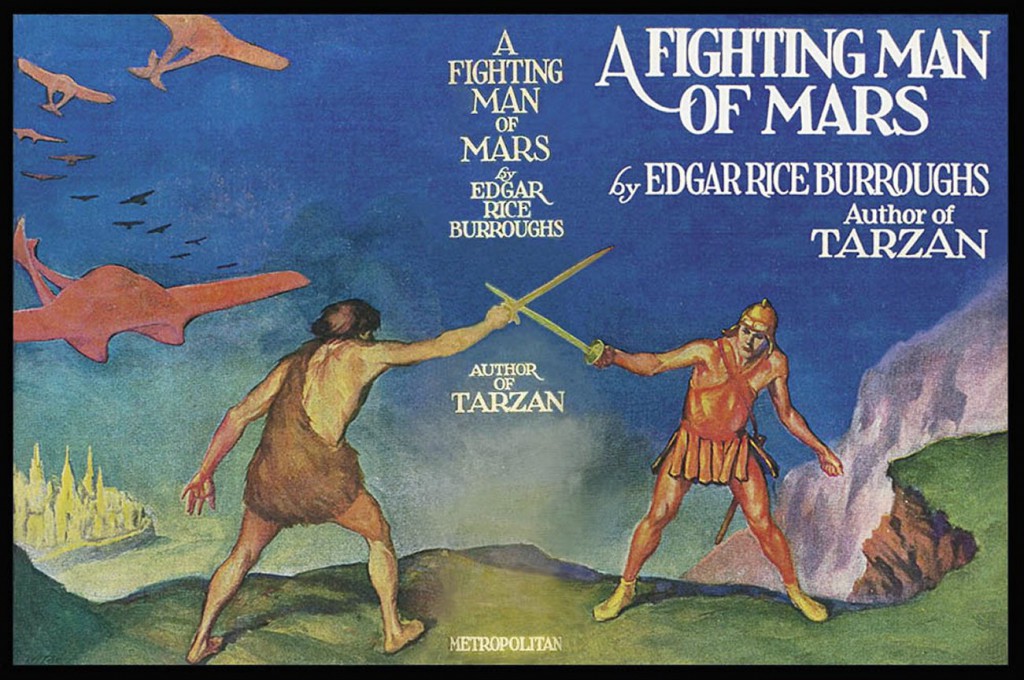 Back on Mars already?
Back on Mars already?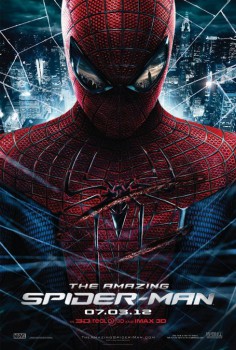 With directing great superheroes comes great responsibility. I wish director Marc Webb knew this. Or perhaps directing superheroics on screen isn’t something the man is capable of.
With directing great superheroes comes great responsibility. I wish director Marc Webb knew this. Or perhaps directing superheroics on screen isn’t something the man is capable of.